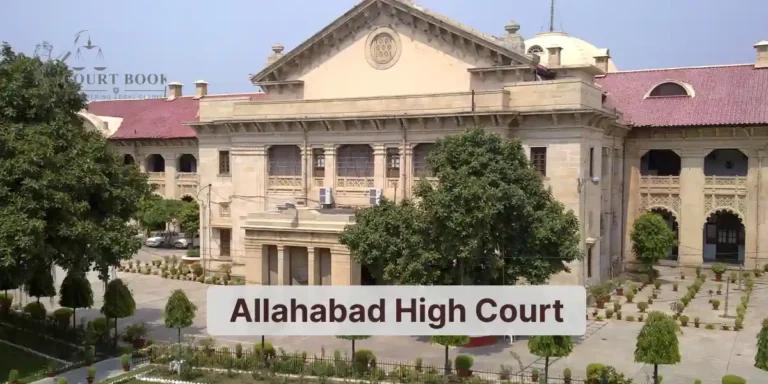In a significant legal development, the Allahabad High Court (Lucknow Bench) clarified that a mother-in-law can file a domestic violence complaint against her daughter-in-law under Section 12 of the Protection of Women from Domestic Violence Act, 2005. The Court dismissed an application filed under Section 482 of the CrPC seeking to quash proceedings initiated by the mother-in-law against her daughter-in-law.
Read also: Allahabad High Court Summons DCP Over Advocate’s 'House Arrest' During Administrative Judge’s Visit
The judgment, dated April 4, 2025, was delivered by Hon’ble Justice Alok Mathur in Application U/S 482 No. 2697 of 2025. The petitioners challenged an order dated September 13, 2024, issued by the Additional Chief Judicial Magistrate, Lucknow, in Complaint Case No. 5786 of 2024, which had summoned the applicants based on a complaint filed under Section 12 of the DV Act.
Background of the Case:
The case originated from a complaint filed by a mother-in-law (opposite party no. 2) against her daughter-in-law and her relatives. The complainant alleged that after her son's marriage, his wife (applicant no. 1) started pressuring him to live separately with her parents in Raebareli. When he refused, she began to mistreat not only her husband but also his family, including the complainant.
The complaint also stated that on 30th June 2024, the daughter-in-law, along with her relatives, forcibly took away jewelry and cash from the complainant’s household. The trial court, after reviewing the complaint, issued summons to the applicants.
The petitioners argued that:
- The complaint was filed with malafide intentions as a counter-blast to an FIR lodged by the applicants under Sections 498A, 323, 504, 506 IPC and Sections 3/4 of the Dowry Prohibition Act.
- An application under Section 125 CrPC for maintenance was already filed by the daughter-in-law against the complainant’s family.
- The mother-in-law cannot be considered an “aggrieved person” under Section 12 of the DV Act and hence, cannot file a complaint.
Read also: Runaway Marriages Don't Guarantee Police Protection Without Real Threat: Allahabad High Court
The High Court thoroughly examined the matter and made several important legal observations.
"A perusal of the complaint clearly discloses a prima facie case to be proceeded under Section 12 of the Protection of Women from Domestic Violence Act, 2005."
Justice Alok Mathur emphasized that the arguments raised by the petitioners were essentially a defense, which could be considered at the trial stage, not at the stage of issuing summons.
The Court referred to key definitions under the DV Act:
"‘Aggrieved person’ means any woman who is, or has been, in a domestic relationship with the respondent and who alleges to have been subjected to any act of domestic violence by the respondent."
(Section 2(a), Protection of Women from Domestic Violence Act, 2005)
"‘Domestic relationship’ means a relationship between two persons who live or have, at any point of time, lived together in a shared household..."
(Section 2(f), DV Act)
It noted that the mother-in-law and daughter-in-law had lived together in a shared household, fulfilling the criteria of a domestic relationship under the Act.
The Court also addressed the broader legislative intent:
"This Court further finds that the Act of 2005 is a beneficial legislation for women who are subjected to domestic violence and the applicability of the said Act cannot be curtailed but has to be liberally interpreted."
According to the Court, there is no legal restriction preventing a mother-in-law from filing a complaint under Section 12 if she is subjected to mental or physical abuse.
"In case the mother-in-law is harassed or physically or mentally tortured by the daughter-in-law or any other member of the family, certainly she could be brought within the fold of 'aggrieved person' and would have a right to maintain the application under Section 12 of the DV Act."
Rejecting the petition filed under Section 482 CrPC, the High Court held:
"This Court does not find any interference in the impugned order dated 13.09.2024 passed by the learned Additional Chief Judicial Magistrate, Lucknow in Complaint Case No. 5786 of 2024. Therefore, the application under Section 482 Cr.P.C. is dismissed."
Case Title: X & Others v. State Of U.P. And Another















